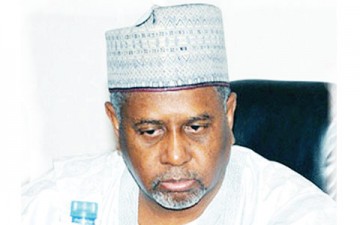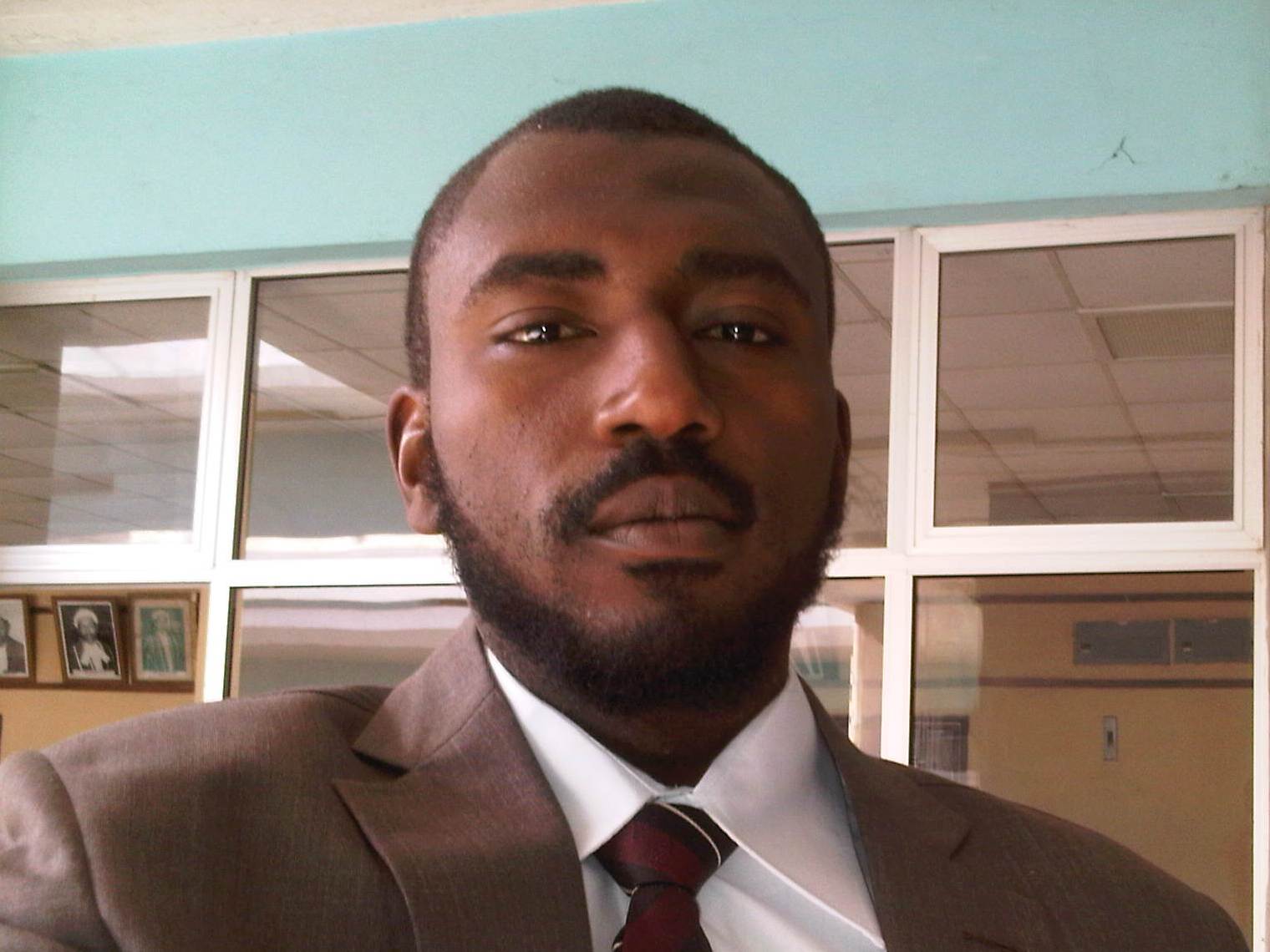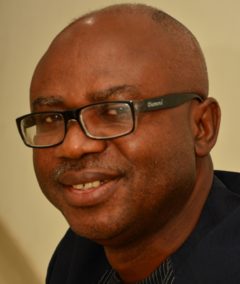It’s so ironic to read Soludo’s recent criticisms of how this government mismanaged our economy. It’s ironic because Soludo’s era as the chief banker of Nigeria (CBN governor) was a period of unprecedented monetary policy flip-flops, which turned the country’s financial sector into a Ponzi scheme.
There was no one such shocking and bizarre policy like his so-called “redenomination of the naira” in 2008 with the goal of removing two decimal points from behind. In other words, he single-handedly decided to drastically revalue the naira from N125 to a dollar to N1.25 to a dollar. Saving the country from the potential monetary tsunami, came when late President Yar’Adua publicly called him to order by suspending the naira redenomination policy.
What made Soludo’s so-called naira redenomination such a bizarre policy was the $12 billion contract expected to be awarded by the same Soludo in an effort to print about six billion naira notes. As bizarre as such policy was it also bothered on corruption given that the same Soludo had earlier wasted billions of dollars awarding contracts to print N5, N10, N20, and N50 in addition to billions of coins also earlier put into circulation, which nobody used.
If this same Soludo spent over $40 billion in his false efforts to artificially keep the value of naira to a dollar at N125, of course was Soludo not stopped by Yar’Adua he would have needed close to $3 trillion dollars to keep his “redenominated naira” at N1.25 to a dollar.
During Soludo’s five years as governor of CBN, the apex bank was run as if it were an academic institution with textbook theories gussied up within the fanciful precincts of mathematical equations. And as a result banks agreeing with this idealized neo-classical monetary specification were assured of getting away with their Las Vegas casino banking, so long as they massaged his ego.
With this also, banking turned into a celebrity profession, and bank chiefs competed with Hollywood celebs in opulence. With this mind-set, every banker that went to work simply went in search of the newest financial innovations that should guarantee them leeway to defrauding millions of bank customers their hard-earned incomes.
And to ensure that the unsuspecting customers never knew how banking had turned into Ponzi scheme, banks cooked their books year-in-year-out by declaring unheard-of 1000 per cent profits, legitimized by the sheer accounting fraud that went under his supervision.
As if not enough of this Ponzi scheme, banks in their money-doubling scheming, using their bloated books charmingly lured millions of unsuspecting citizens to invest in bank stocks through illegal margin lending, in connivance with stockbrokers in illegal IPOs that severally went on even when the banks had had enough and had no need to raising more money, while oversubscriptions were only returned after having been used to further hype bank stocks. All these went on while Mrs. Ndi Okereke-Onyiuke, as the DG of NSE, looked the other way.
Little wonder by the time this 419 banking supervised by Soludo was over, more than N2.5trillion belonging to millions of conned local investors was stolen. Besides dispossessing them of these hard-earned savings, their pensions and landed properties were equally lost on Soludo’s watch.
However, in their efforts to swindle unsuspecting millions of bank customers, the overly risk-exposed banks, too met their waterloo when they were forced to contend with trillions of naira nonperforming loans along with the sudden exit from the country foreign portfolio investors who, in their speculative search of high arbitrage overseas, sold off their bank stocks.
In Soludo’s Ponzi scheme banking supervision, the country witnessed the worst oversight and supervision system to the extent that the bank chiefs were using SPVs (Special Purpose Vehicles) to launder hundreds of billions of naira belonging to customers and shareholders.
If not the timelier arrival of Sanusi Lamido Sanusi as the new apex bank chief, the ticking time-bomb would have exploded, causing irreparable damage to this financial house of cards built by Soludo. As a banker who understood how rotten the system had become, Sanusi knew it wouldn’t take long before the devastating explosion occurred.
Expectedly, with most of the banks failing the CAMELS+ (capital adequacy, asset quality, management quality, earnings quality, liquidity, and sensitivity to risk) test, a stress test of the financial health and well-being of a banking institution, to prevent the potential contagion about to hit the country’s financial system, N620 billion bailout as a life-support machine was provided to the banking system while the long-term solution was being sought, which ended up in the establishment of AMCON, as the ultimate vehicle needed to purchase from the banks their life-threatening nonperforming assets.
Thanks to the rightful appointment of Mustafa Chike-Obi, a top-class Wall Street banker as AMCON’s managing director, AMCON has since mid-2010, worked tirelessly and patriotically to finally deactivate the ticking bomb Soludo’s Ponzi scheme monetary policy had subjected the country to.
That it is this same Soludo, whose gross mismanagement of the country’s banking sector which has since cost the country trillions of naira to clean-up, should be the one arguing that the Jonathan administration is incompetent and as a result has grossly mismanaged the country’s economy is mind-boggling to the say the least.
To the extent that Soludo was particular in stating that Jonathan’s ‘’record on the economy is a clear ’F’ grade,’’ and goes on to further argue that ‘’this government has performed worse than its predecessor — Obasanjo regime [administration],’’ forces one to wonder why this shouldn’t be a timed vengeance to Jonathan who as an acting president in 2010, surprisingly supported Peter Obi of APGA in Anambra’s 2010 governorship election instead of the overly arrogant Charles Chukwuma Soludo of PDP, who schemed Andy Uba out of the PDP governorship primaries; which so offended Obasanjo that he personally mobilized against Soludo to ensure that he lost the 2010 governorship election in a big way, and that was really what happened.
— Enwegbara, a development economist, writes from Abuja.














